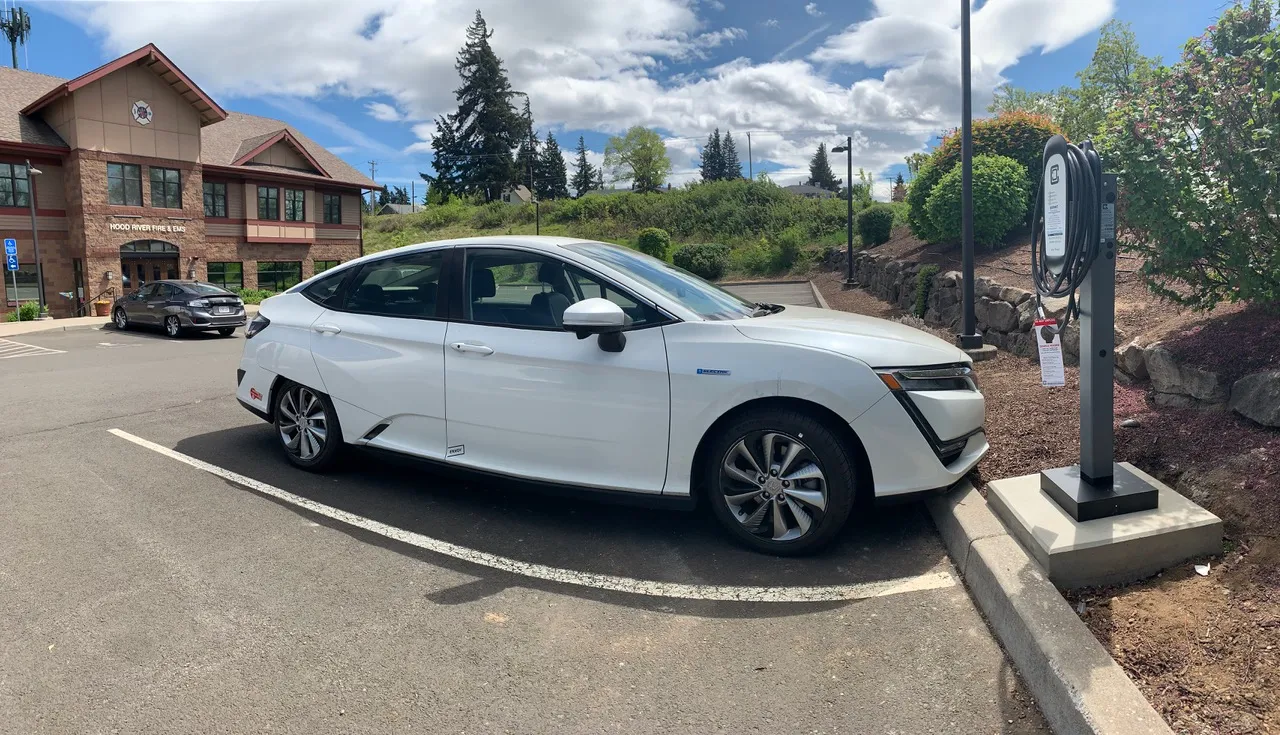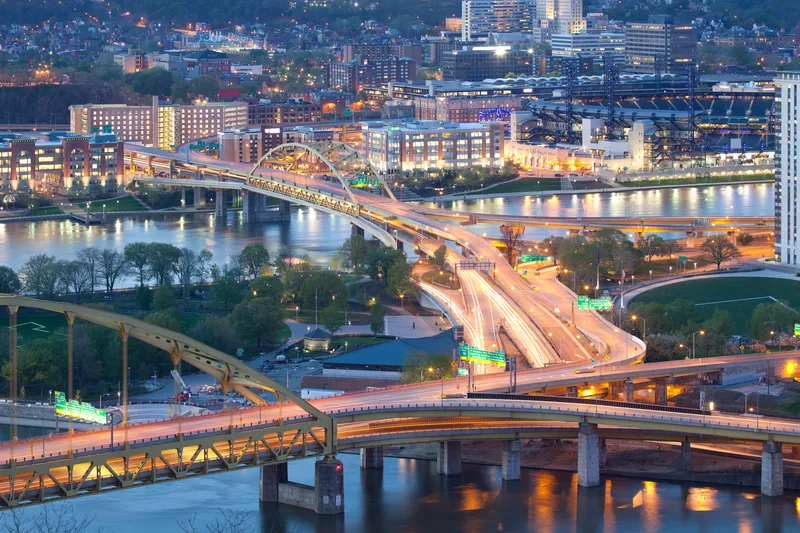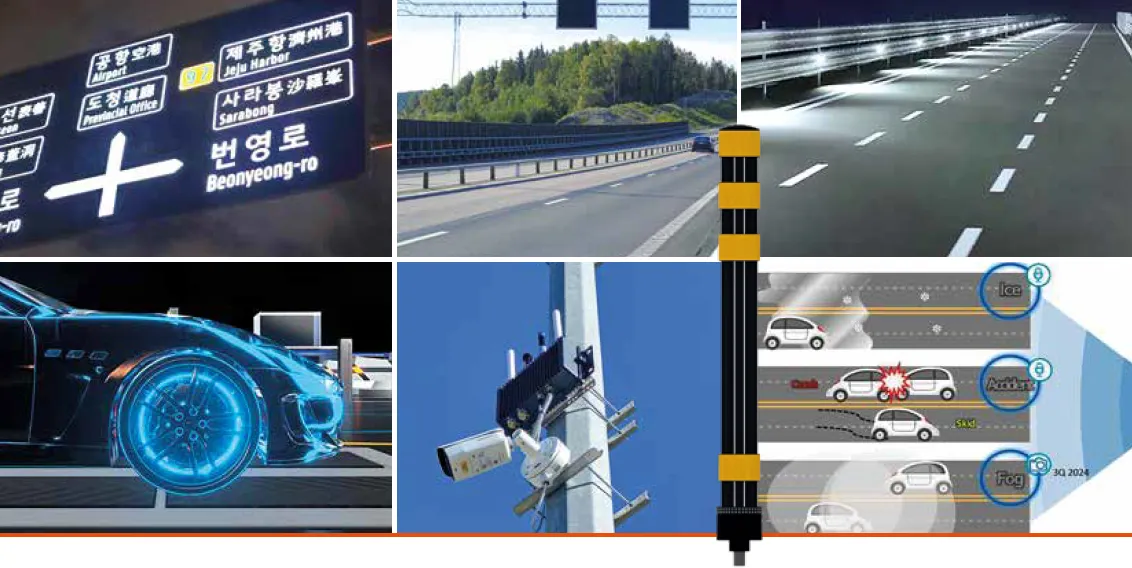
Non-profit organisation Forth is leading an electric vehicle (EV) car-sharing programme to improve access to rural transportation solutions in Hood Rider, Oregon.
The three-year CruSE (Clean rural shared electric mobility) project will station one Honda Clarity EV near the waterfront for access in and around recreational activities and two more at housing sites that are underserved by existing public transportation.
Another two EVs will be placed on the city of Hood River property to encourage use by city employees.
People can reserve a car using the Envoy There mobile app or via iPads that will be made available to those who lack internet access or smart phones.
The programme is being launched with support from the Vehicle Technologies Office (VTO) within the US Department of Energy’s (DoE) office of energy efficiency and renewable energy.
The VTO is working to demonstrate that affordable mobility solutions that are taking off in larger urban areas can also be successful in rural America.
As part of the programme, Forth is collaborating with the Pacific Northwest National Laboratory (PNNL) to determine its effectiveness and feasibility.
Arun Sathanur, a PNNL computer scientist, says: “We’re using our analytics expertise to evaluate the affordability and environmental gains from putting a sustainable, rural car-sharing programme like CRuSE in place.”
Initially, Sathanur and his team are designing a survey aimed at obtaining information from the Hood River users. The questions will touch on topics such as how a user typically travels around town, how many trips they take per day and average miles travelled.
After the survey is developed, the researchers will receive data from the vehicles and charging stations, as well as price data for analysis, to determine whether EV car-sharing programmes are economically sustainable and result in carbon savings. The analysis will lead to a report that will guide DoE investments for future rural mobility programmes.
“The data we obtain from this effort will help Forth design the most efficient EV transportation programmes that will alleviate some of the stress residents and visitors in rural areas experience when they need to run a simple errand but don’t have the means for mobility,” Sathanur adds.
Other partners involved in the project include the Columbia-Willamette Clean Cities Coalition, Pacific Power and American Honda.










